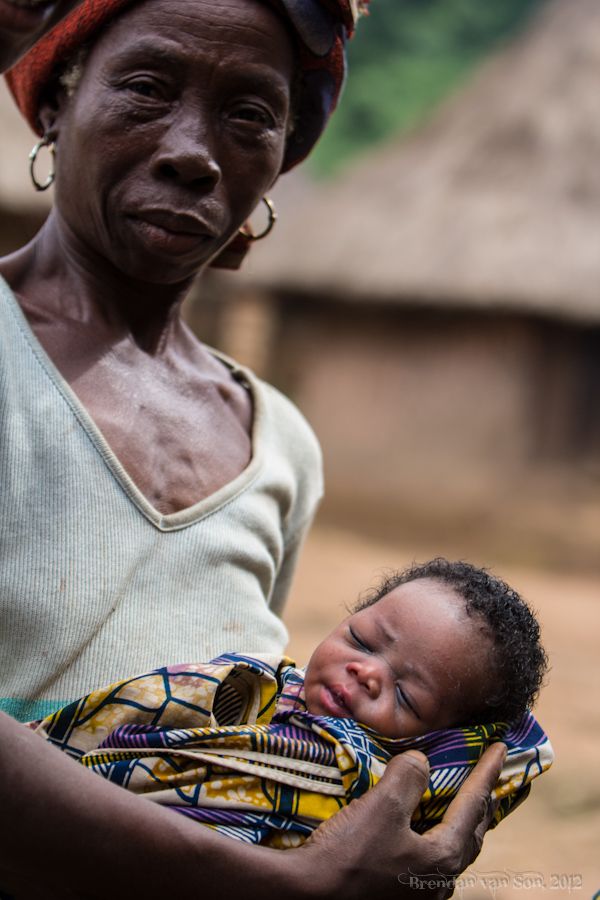By Nnenna Joseph
Ever wondered why people from Nkporo, Abiriba, Ohafia bear identical names like Nnenna, Kalu, Ahudiya, Nnanna etc. This is credited to an age-long tradition where people reward their parents for being good parents by naming them after their children.
Namesake translated as “Ogboo” is a culture in Nkporo, Ohafia and Abiriba communities. It is an abomination to give birth to a child without naming the child after someone, usually the child’s grandmother, grandfather, other family members, friends. It is customary to name a child after his or her grandparents, or someone who the child looks like.
The most common sequence is usually
1st son is named after- Father of the man
2nd son is named after- Father of the woman
1st daughter is named after- mother of the man
2nd daughter is named after- mother of the woman
Other significant relationships like close relatives, friends, people who have made impacts on the parent’s life come into play. Note that a child is named by its father not mother.
It is important to note that during the stone age, in some communities, the first child was usually not named after a family member but after a friend. This is because in those days, firstborn children always die from ailments.
A part of this naming process toes the line of incarnation where a child is assumed to have a striking resemblance with a relative and named after his ancestor. In this case, If a child is wrongly named, the child is predestined to suffer numerous misfortunes.
This submission above is largely flawed due to its inconsistency. A single grandparent can have more than 20 namesakes. Does this mean he reincarnated in all of them?.
However, interviews and researchers have developed a strong case stating that there is always that grandchild who is the reincarnate while the rest are simply namesakes.
Oftentimes there is an air of predictability, following the formula above. Once a child is born even before the child is officially named, everyone starts to call the child by the name of his expected namesake.
With the advent of Christianity, parents give their children other names then attach their namesake’s name as a middle name. Sometimes, when parents feel they do not like the name, they remove it from all official documents and it remains an unofficial name. Some parents will modernize it to suit their taste for instance From Jenni to Jennifer, Egela to Chiegelaonu.
A person can be named after a dead person, however, there should be other living persons who he shares the name with, who is also named after the dead person
When a person is named after you, you are under obligation “iguru ogbo” which is a method of acceptance. The older Ogboo is to come with a living thing- Fowl, Goat or Cow to meet his newborn namesake. It is a revered tradition.
Read Also: Meet Igbo Communities Where Women Own Children
This is without permission of any sort when a child is born and named, his Ogboo is told and that’s it, it is improper to turn it down.
When a person meets their namesake, he calls him “Ogbom” and they refer to each other in that manner for life. Just like godmother and father of the catholic faith, a namesake is your second parent, they see that you are well behaved and sponsor aspects of their life as much as they can.
When it comes to culture, it is each man in his tent but one thing is certain, culture is beautiful.
Post Disclaimer
The opinions, beliefs and viewpoints expressed by the author and forum participants on this website do not necessarily reflect the opinions, beliefs and viewpoints of Anaedo Online or official policies of the Anaedo Online.

